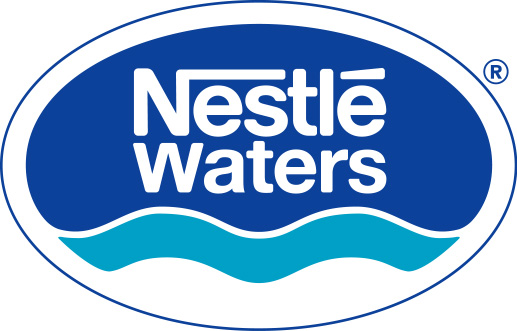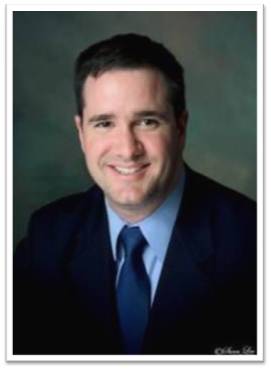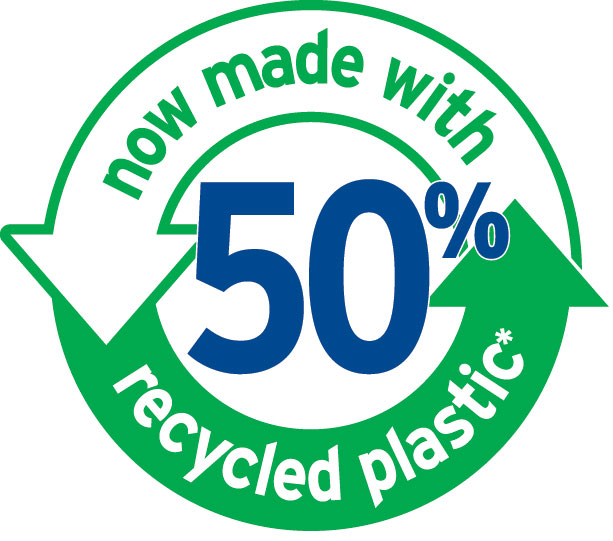


At the same time, we aim to reach and engage our customers in a conversation about recycling. Knowing that the overall environmental impact associated with drinking a bottle of water can be reduced by 25% just by recycling it after use, we feel deeply committed to educating others about the impact they can have. Recycling is at the core of our products’ life cycles: The more people recycle PET plastic bottles, the more opportunity we have to use recycled plastic in our products — like our new Deer Park 50% rPET plastic bottle.
To reach the public directly, we launched a first-of-its-kind mobile education tour in the Washington, DC, area this past fall. Thousands of children and adults were able to witness recycling brought to life at the Deer Park interactive “bus.” We also foster ongoing partnerships with organizations like Keep America Beautiful (KAB), with whom we activate creative consumer awareness programs. For example, Nestlé Waters sponsors KAB’s Recycle-Bowl, the first nationwide recycling competition educating elementary, middle and high school students at 1,000 schools in 48 states on the importance of recycling. Step by step, great progress is being made. Ultimately, it is these collective efforts — of individuals, NGOs, legislators and companies — that will help us achieve the sustainable future we’re striving for. For more information on Nestlé Waters North America’s recycling efforts, please visit nestle-watersna.com/WhyRecyclingMatters.htm. To read more about our sustainability commitments, visit citizenshipreport.nestle-watersna.com/Sustainability. Michael Washburn is Director of Sustainability at Nestlé Waters North America. In this role, he leads the organization’s efforts to increase recycling rates in the U.S., innovate in energy use and building design across its facilities, advocate for constructive water policies and engage stakeholders around company sustainability issues. He has more than 15 years experience working in the nonprofit and academic sectors, with a focus on sustainable forestry, land conservation, green building and conservation leadership.